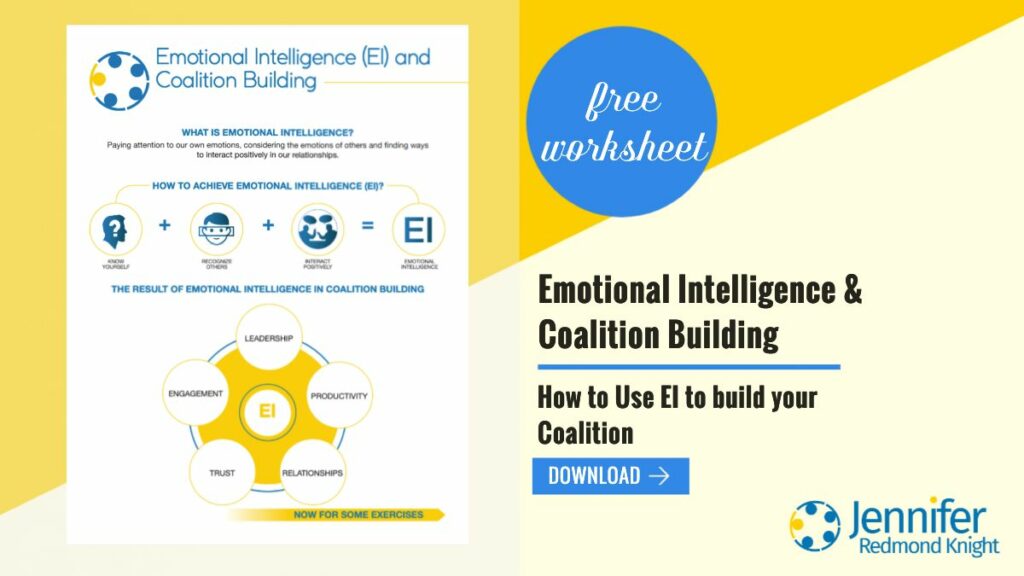One of the signs of a functional and trusting group is that you can openly disagree with one another when you meet together. While this is not always easy and conflict can be unsettling, when you are able to disagree agreeably, you often make better and more thoughtful decisions. This is particularly applicable when you are working in a small team, workgroup, task group or committee. Once you have been able to talk through, work through and consider multiple perspectives, one of the meeting guiding principles that helps you continue to work together well is the idea of Disagree in private; unite in public. Join me this week as I provide three reasons why this can be important in your coalition, partnership or team efforts.
Honors the group.
One of the hallmarks of a group with high levels of trust is the ability to speak honestly and openly about the topic being discussed. When you apply the principle of disagreeing in private and uniting in public, you are honoring the group and creating opportunities to continue to work together in a safe, trusting environment. Alternatively, if you disagree in private and then go tell everyone else how much you disagreed with the other people and share specific, detailed information with several people or a larger group, then you risk compromising your small group’s ability to continue to speak openly and honestly and to have diverse perspectives. Even with our best intentions, we may not always do this well; however, when we do something that dishonors the group or compromises that level of trust, we can courageously apologize and make things right with the group members. Also, when we finish a meeting that may have included high levels of disagreement or dissension, we often need to take a break, go for a walk and take several deep breaths allowing ourselves to reset and think before we act or react. You may not have been able to come to a decision during that meeting but you can schedule time to think, reflect and reconvene to decide next steps.
Clearly communicates decisions.
In order to practice this guiding principle, you have to become clear about your decision and your unified position. This principle helps you take the time you need to develop clear goals, objectives, plans, strategies and talking points that accompany them. When our teams and workgroups are able to clearly communicate our decisions and plans, then we are able to clarify roles, responsibilities and activities associated with the plans. One of the challenges in our coalition work is that we assume that everyone is clear about our next steps but we have not checked in with the group to confirm that. Although it may take extra time to discuss and clarify, the investment made in this area will help your group move together in a united way. You will also be able to recruit new members to your group because you are clear about your group’s purpose and priorities.
Creates new opportunities.
When you are working as a group and are able to demonstrate a unified message and approach, you can create new opportunities. This process of discussing and disagreeing in private will help you clarify what you are doing and what you are not doing. This helps you identify opportunities for funding, resources, partnerships and support to achieve your group’s purpose. A clear and unified plan guides your group’s work and attracts people to want to work with you and to support your work. If you are unclear or look divided as a group, you will create confusion and uncertainty which impacts external partners’ willingness or interest in working with your group.
If you are involved with a group and you no longer are able to come to a place of unity in public, this may be a time when you or some of your group members may decide to go in a different direction. As groups evolve and change, the interests of specific members may differ from the direction or purpose of the group. When that happens, it is best to discuss in private and still be unified in public about the direction of the group or the decision for group members to leave the group. You can honor the group members by the way you communicate changes to the group.
Can you think of a situation when you practiced this meeting guiding principle? What did you learn? How will you apply this to your current groups?
One of the skills that will help you in this process of disagreeing in private and uniting in public is Emotional Intelligence. If you want to practice this skill, check out my free resource, Emotional Intelligence and Coalition Building.

Photo by Resume Genius on Unsplash
